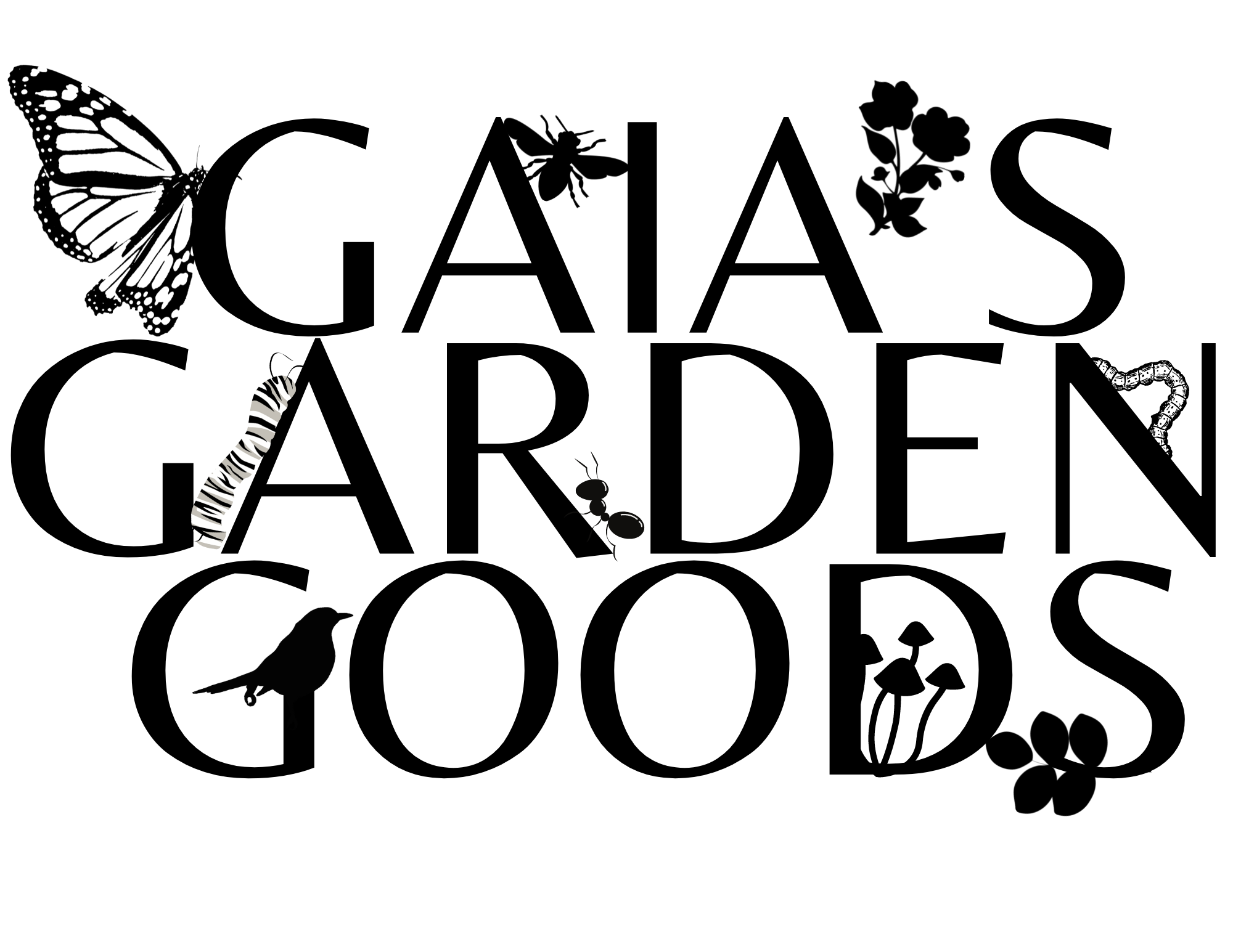Early on in my low-waste lifestyle journey, I tried to find a plastic-free alternative to conventional dish soap. Unfortunately, there weren't many options. The most common option I could find across the internet cost about $8 plus tax and shipping! As a young college student, that was waaayy out of my price range. Not gonna name names but that same soap now costs about $10-$12 at different refill and eco-shops (thanks inflation!). Meanwhile, there were several dish soaps in the supermarket that came in 100% recycled plastic bottles, made with 100% biodegradable ingredients and were about 2$. As much as I didn't want to buy something plastic, I reasoned that recycled plastic was better than nothing, and my limited budget would be better spent on an product that didn't have a much cheaper and recycled alternative.
Fast forward to 2022. I had learned A LOT about making soap since then and the idea of what dish soap is and should be became a lot less daunting. I didn't need a label that said "Dish Soap" for me to feel it was appropriate to use in the kitchen. A dish soap needs to be tough on grime and grease, have a strong, sudsy lather, be a long-lasting, powerful cleaner but gentle on hands. It needs to be septic tank and multi-surface friendly. To be in line with my ethos, it also had to be made with sustainable, biodegradable, and non-toxic ingredients. And I now knew which ingredients to use to achieve this while also keeping it affordable.

Ingredients:
Organic coconut oil: High in Lauric and Myristic acid which are known for their powerful cleansing ability, fluffy lathers, and long-lasting hardness.
Organic olive oil: known to be gentle on skin.
Citrus from local farmers: supports local agriculture, improves lather, and adds a fresh, clean scent.
The oils are saponified with lye and purified water, then fresh citrus juice and essential oils are added to enhance it's lather and refreshing scent.
Comes in approx. 4oz bars


